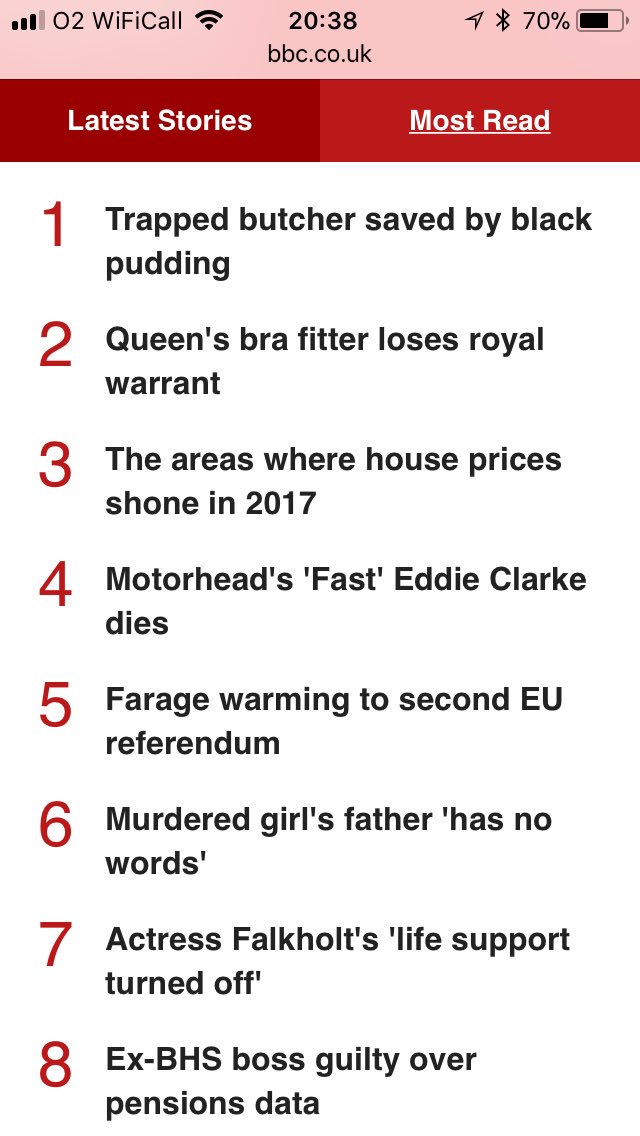When #UKGovernment, @CMO_England and @CNOEngland
etc say “stay home, protect the nhs, save lives” what they mean is: if too many people get #COVID19 at the same time healthcare services and particularly intensive care facilities will be overwhelmed.
etc say “stay home, protect the nhs, save lives” what they mean is: if too many people get #COVID19 at the same time healthcare services and particularly intensive care facilities will be overwhelmed.
If those services are overwhelmed then sick people who need the #NHS will not be able to access those critical services. That would mean that people who might otherwise have survived with hospital admission and intensive care support might die.
So, by staying at home you can help to stop the #NHS and vital intensive care services from being overwhelmed and therefore you can help save lives and reduce deaths from #covid19
#covid19UK
#covid19UK
Intensive care cannot help everyone and it isn’t the right intervention for everyone. However, we want intensive care beds to be available for those who need them and can benefit from them.
#StayHomeSaveLives #NHS #covid19UK
#StayHomeSaveLives #NHS #covid19UK
• • •
Missing some Tweet in this thread? You can try to
force a refresh





